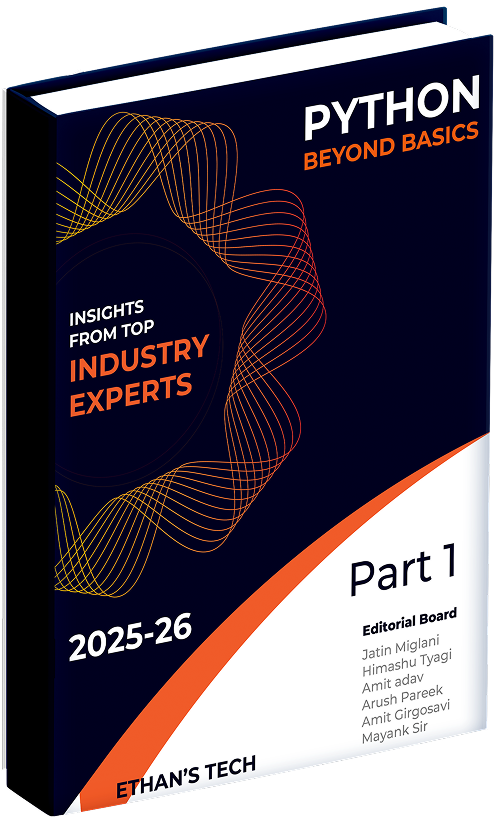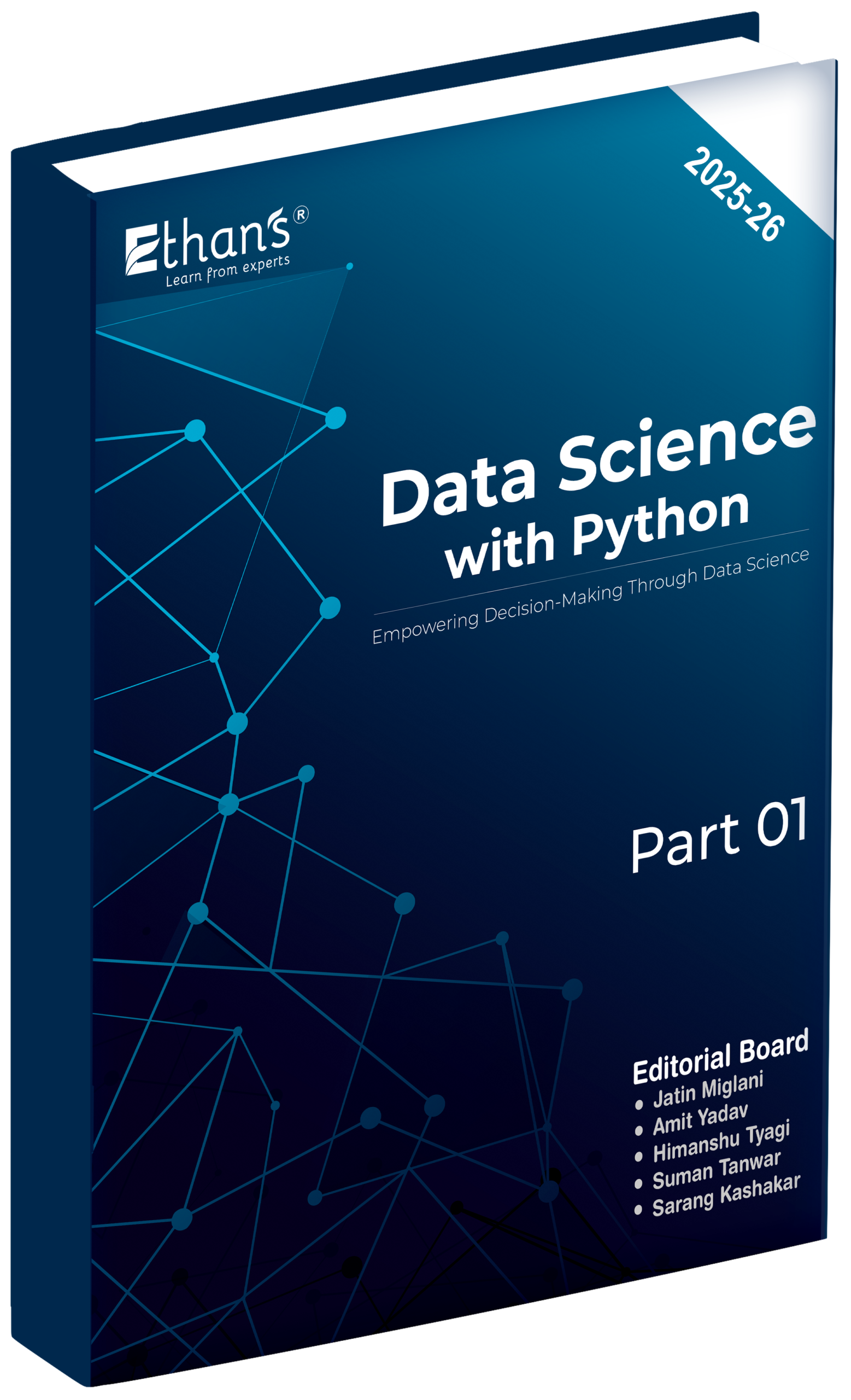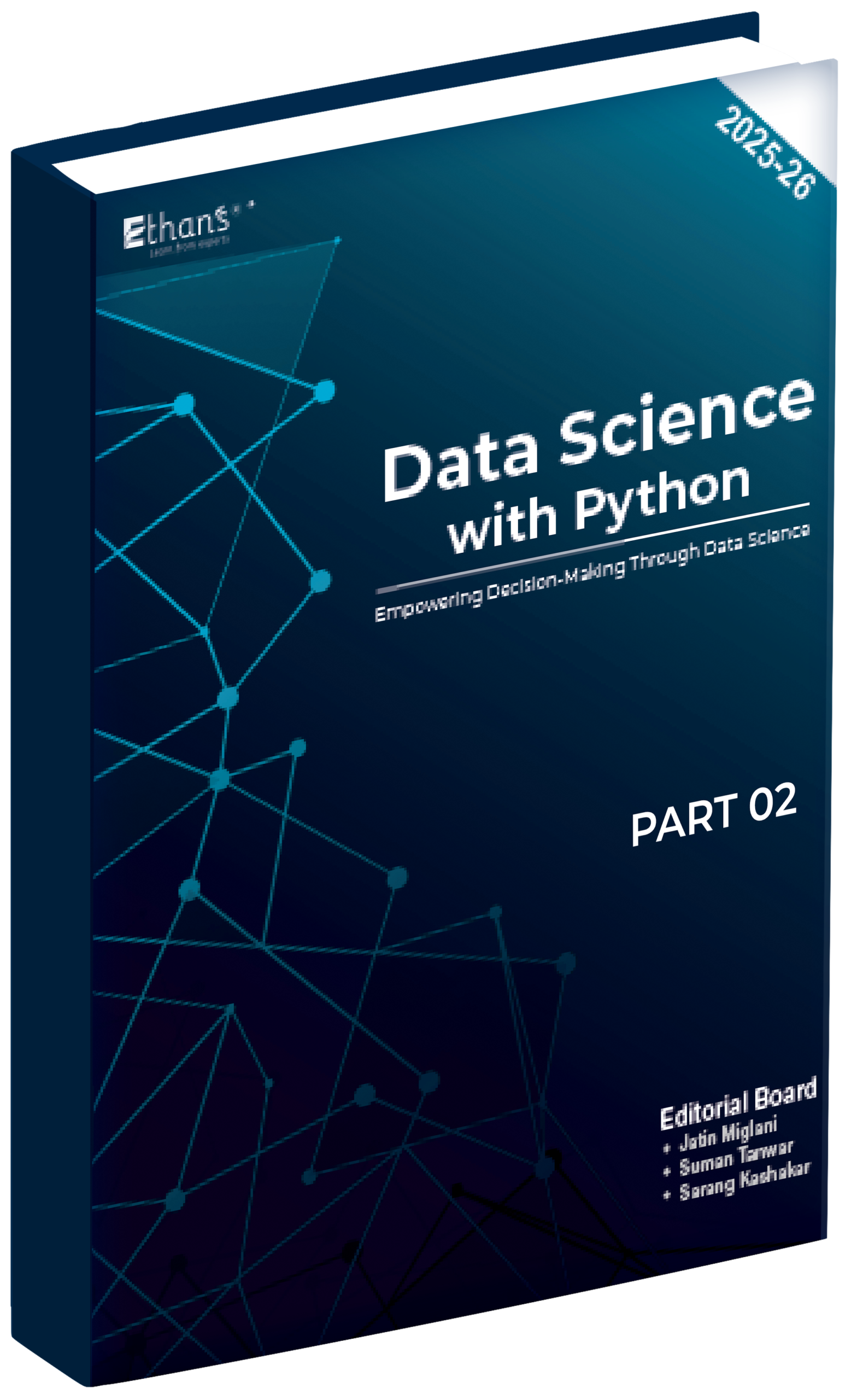- Admission Open For New batch
Certified Data Science
Course in Pune
In Association with:

Certification aligned to:

- Advanced Certification Training Program by Ethan’s.
- 04 Months technical training program with hybrid classes (online + offline), ideal for learners looking for data science training or data science classes in Pune.
- Suitable for college students, graduates, postgraduates, candidates with a career gap, and early professionals.
- Start from scratch – no prior experience needed, all prerequisites will be covered.
- Next-Gen curriculum for the age of ChatGPT, Generative AI, and advanced data-driven analytics.

12th Mar
Next Batch
04 Months
Course Duration
Hybrid
Online + Offline
5 LPA
Avg Package

Data Science Training in Pune
Data Science Training
in Pune
Data Science Training and courses for beginners at Ethans Tech Pune is the stupendous program containing a variety of Data Analytics and Data Science Training techniques. Our Data Science Training in Pune is truly outstanding, both in terms of content and the delivery provided by our world-class faculty. Data Science classes masters important like Data Science concepts such as Data Preprocessing, Exploratory Data Analytics, Data handling Techniques, Statistics, Algebra, maths, Machine Learning algorithms include regression, classification, and clustering. The Data Science course in Pune Assists individuals to get ready by working on real-time-case studies and equipping them to work independently on relevant projects.
Looking for affordable data science course fees in Pune? Explore data science classes near me and enroll in a top-rated data scientist course in Pune for hands-on learning and career growth.
Lectures: 100+ | Duration: 175+ hours | Training Mode: Classroom & Online
Register to confirm your seat. Limited seats are available.
Guest Lectures by IIT professors
Ethan's Tech Career Track
IIT Approved Mentors
Advance Curriculum
Data Science Training Location
- Wakad
- Kharadi
- Shivajinagar


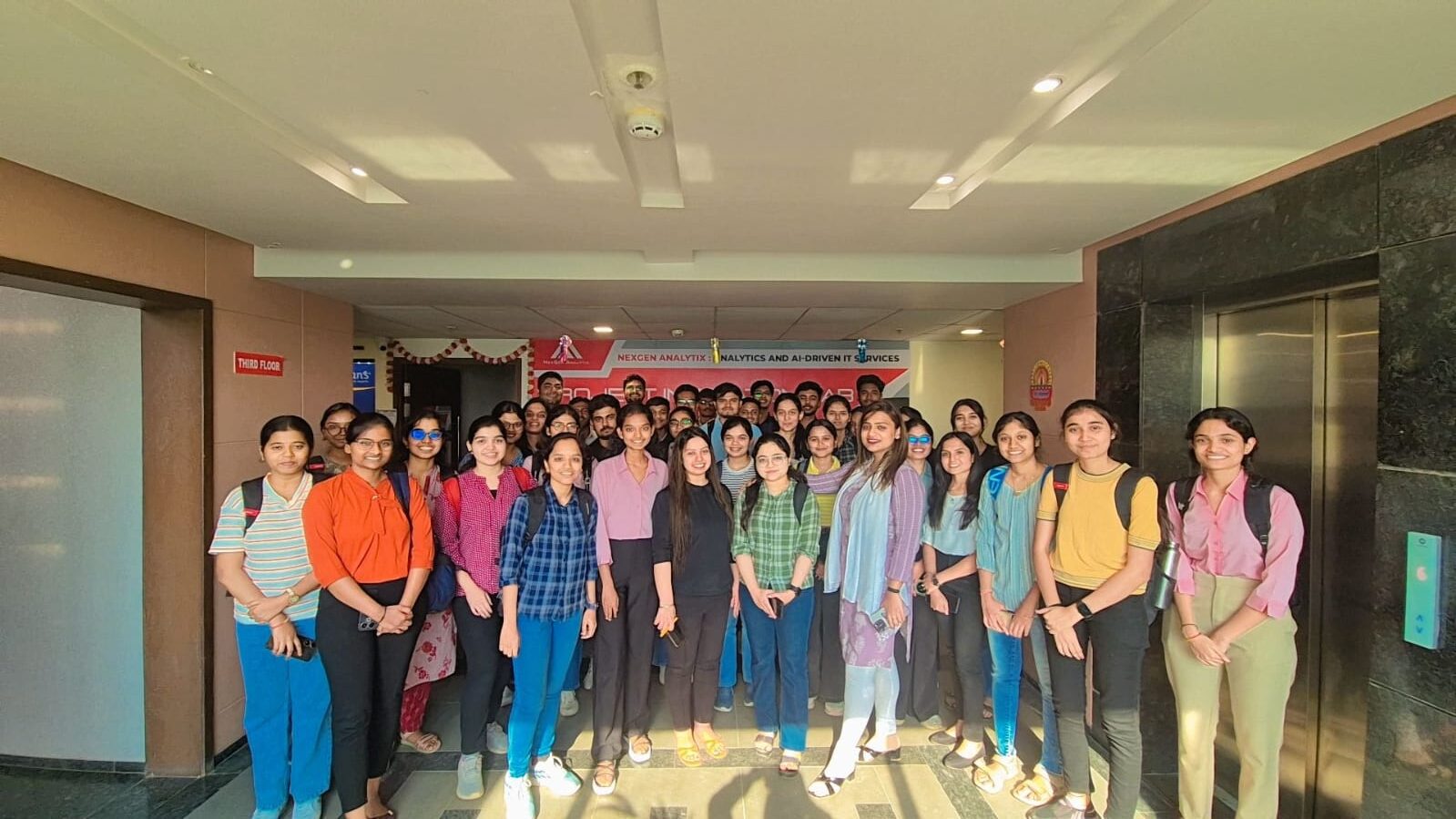
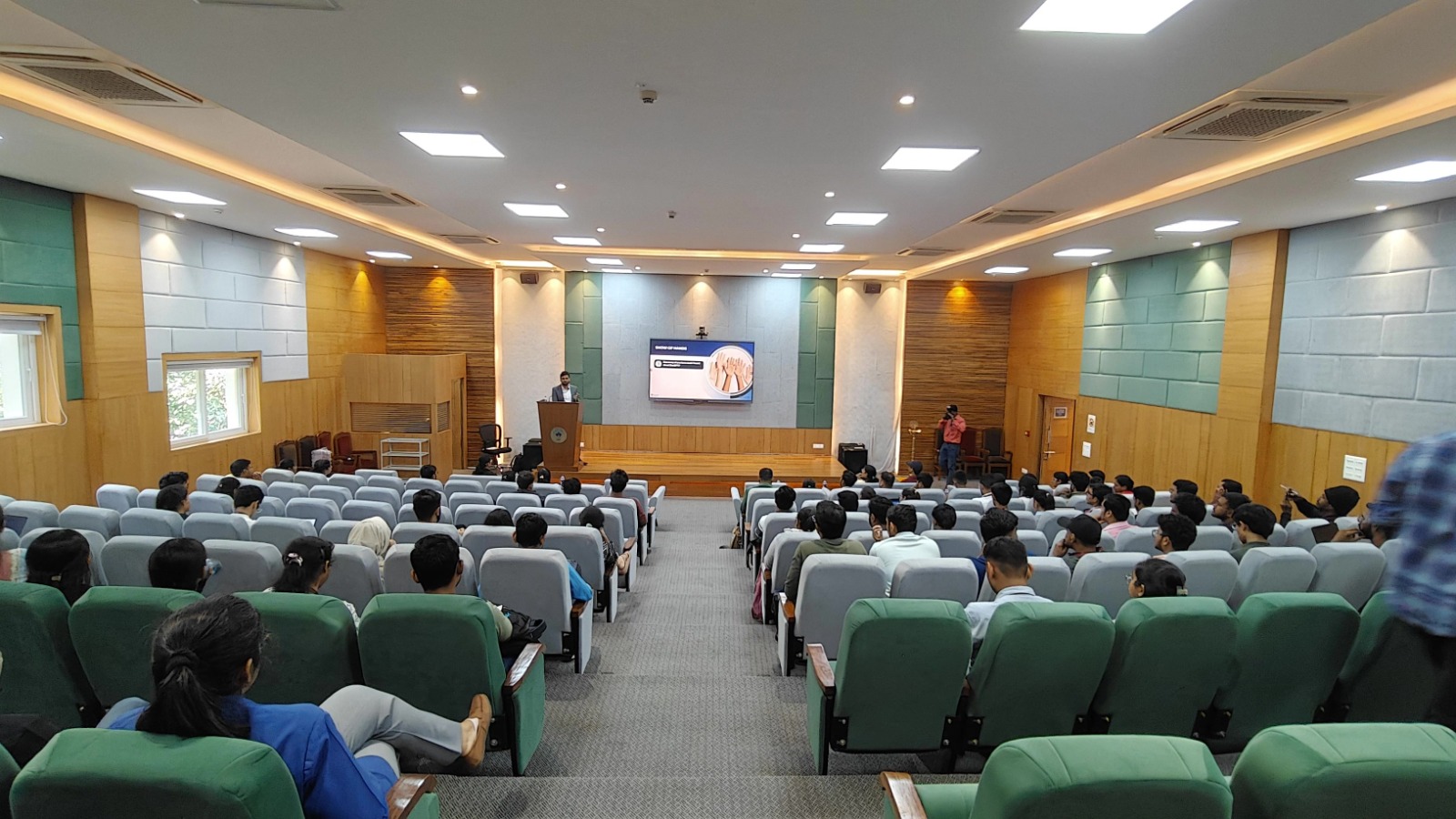

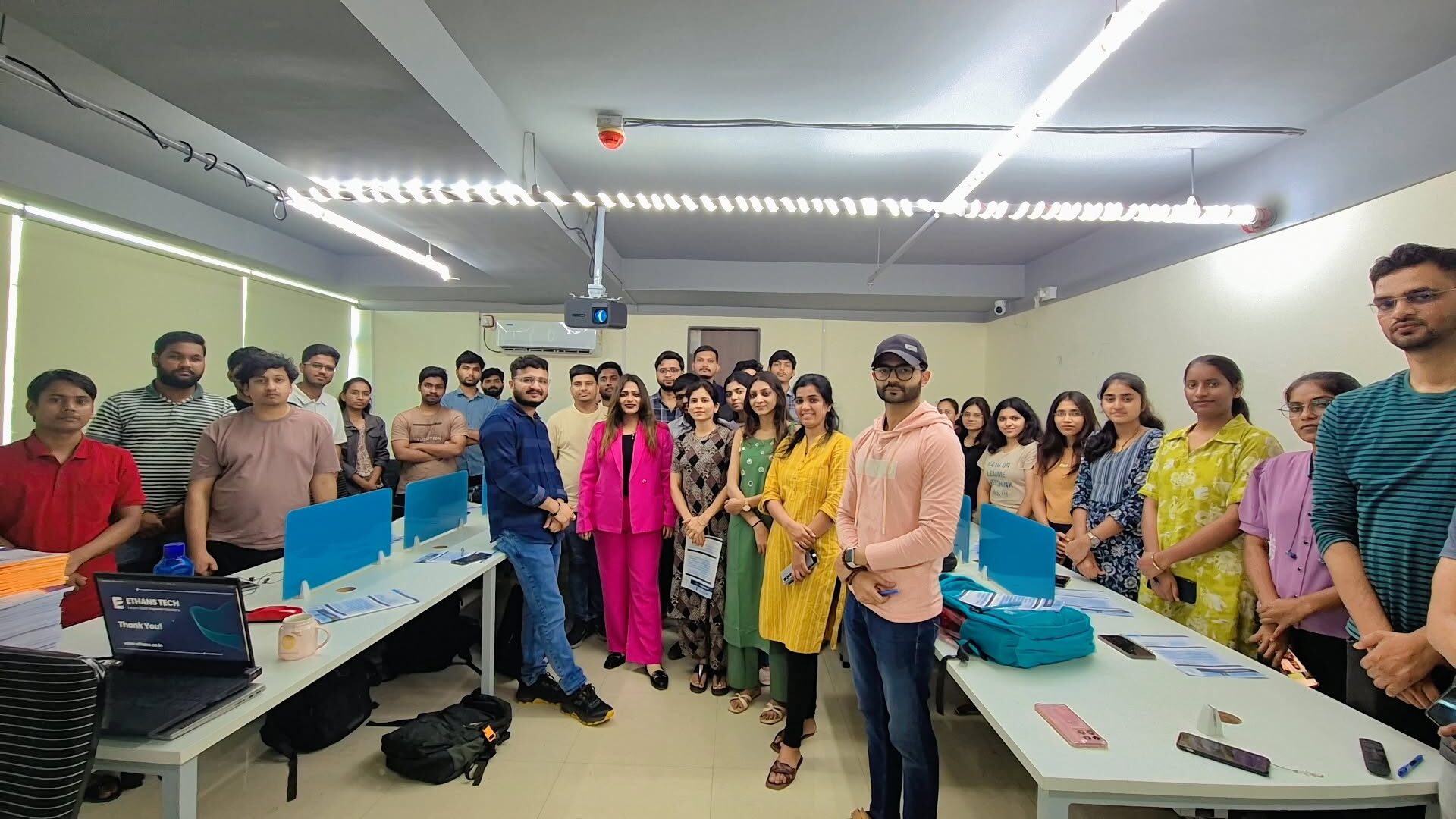
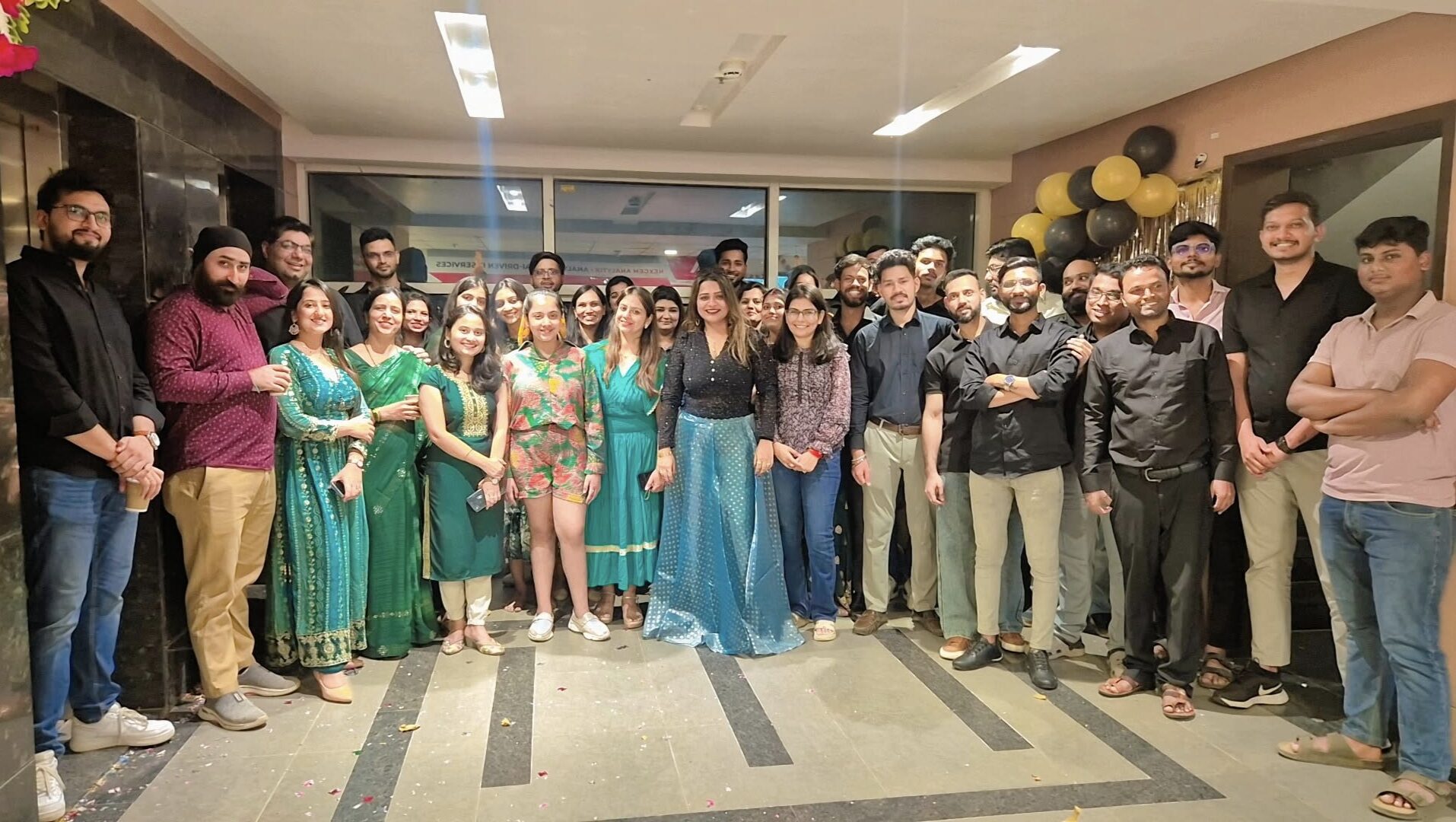
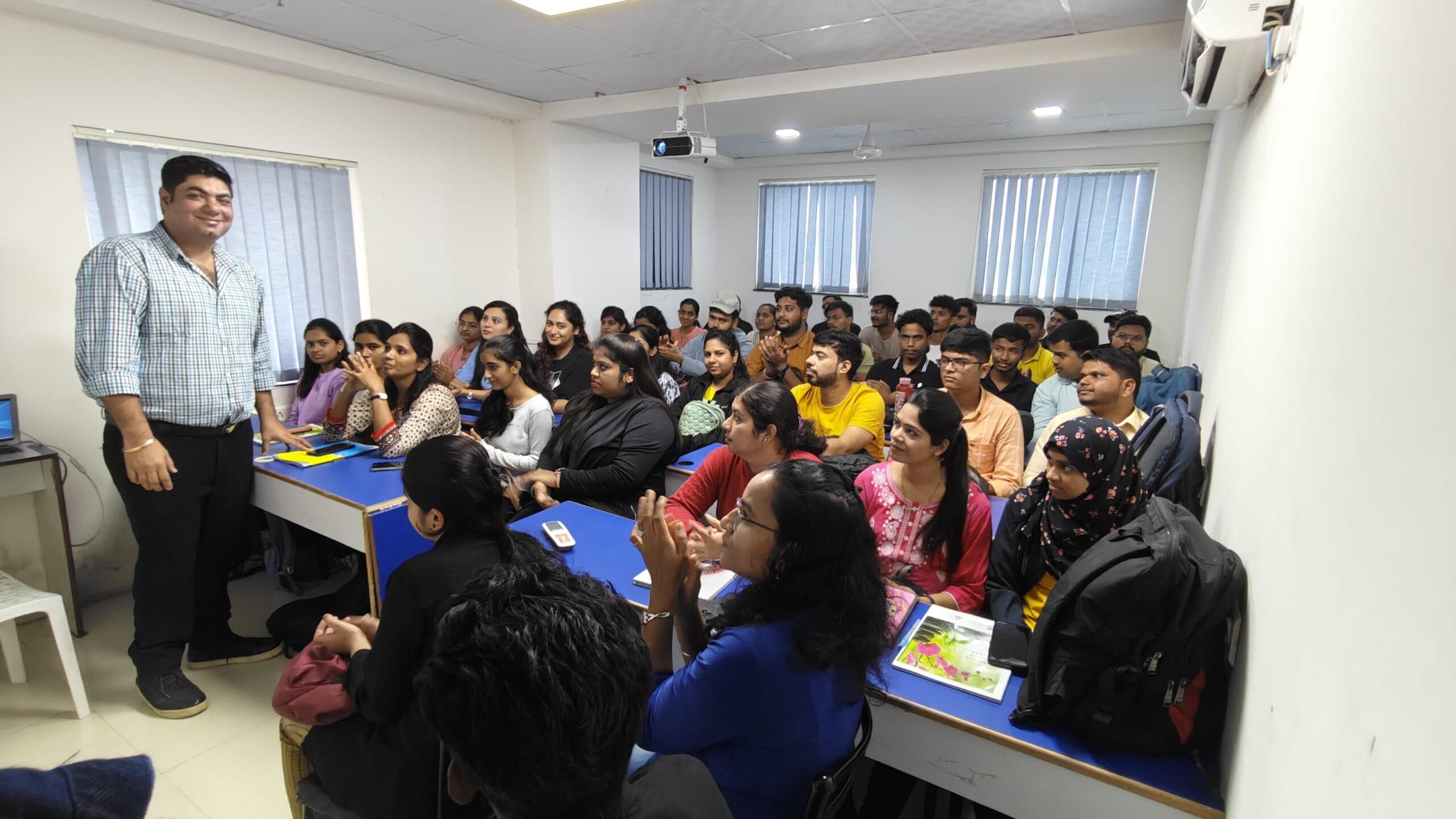

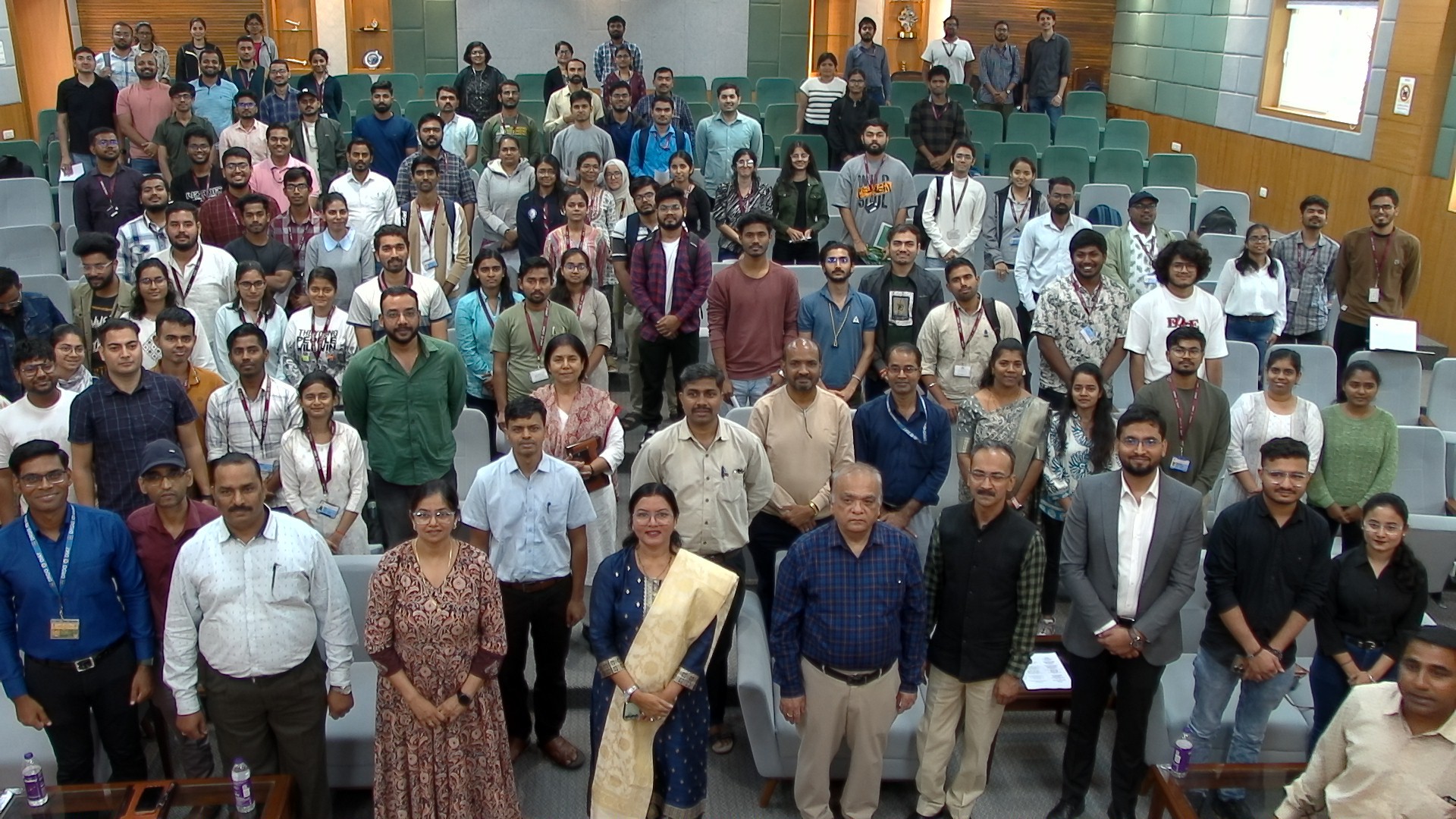
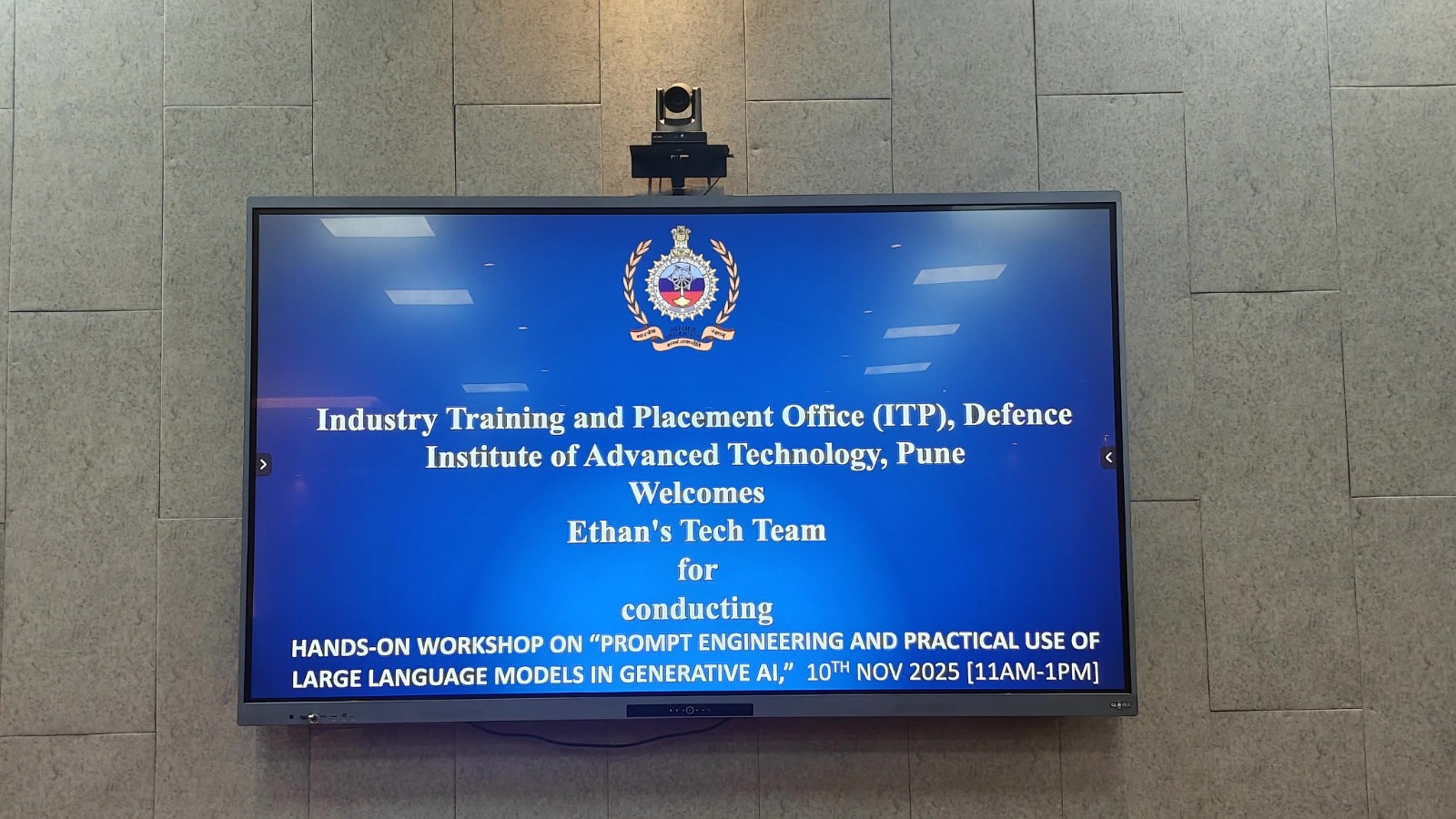

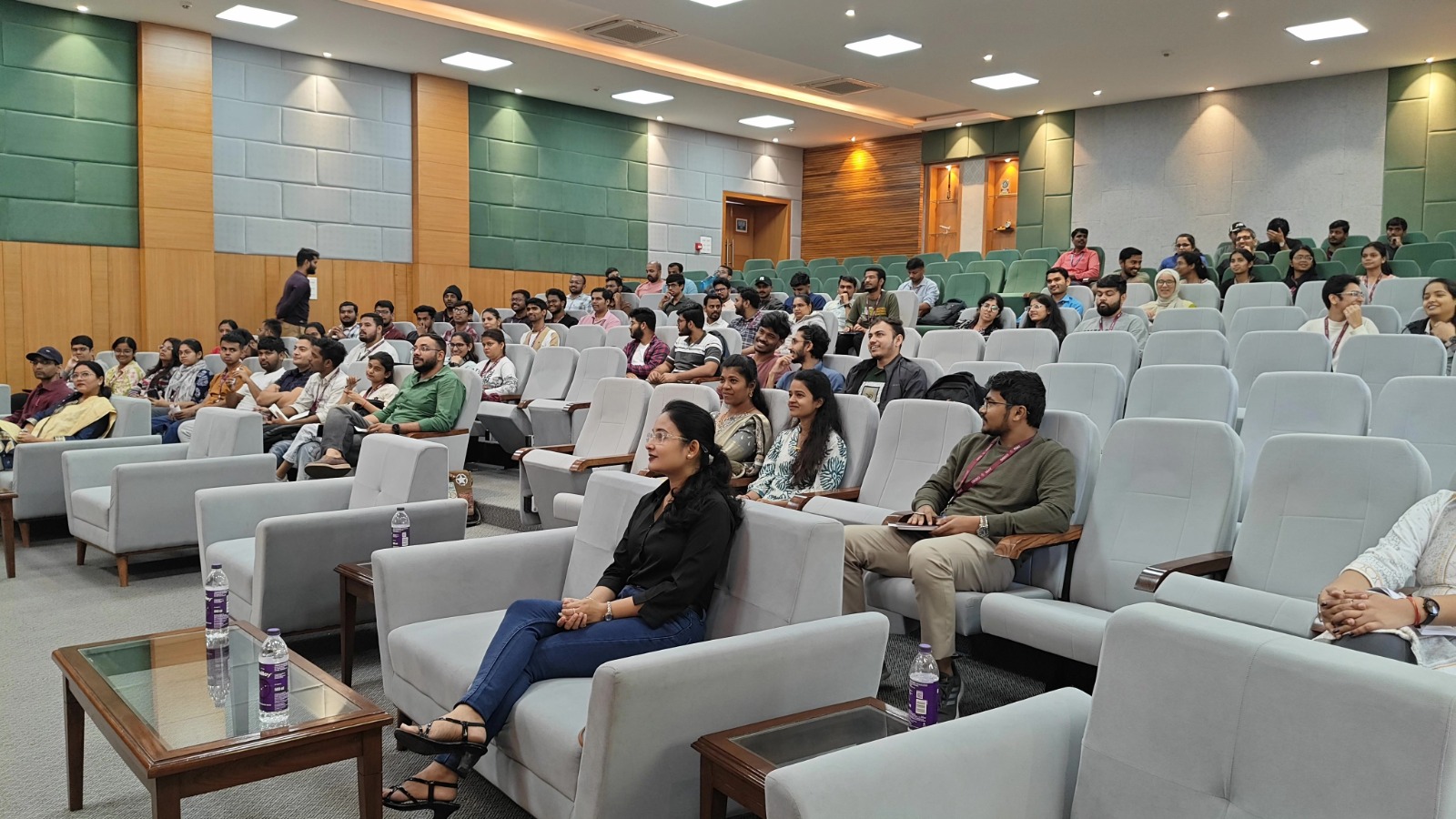

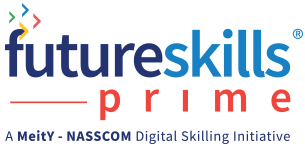

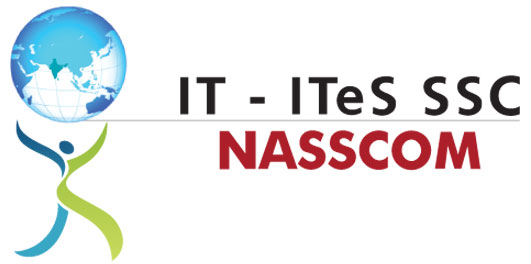

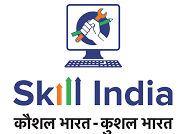

Learn From the Masters
Our team is made up of industry experts, seasoned professionals, and passionate trainers who work together as a close-knit family. We believe in not just teaching, but inspiring and growing together — creating a learning environment that feels like home and performs like the best in the business.

Gurjeet Sir
Ex IIT Kharagpur, AI

Sachin Sir
Ex Microsoft – Azure

Vinit Sir
Ex IIT Bombay, GenAI

Alam Sir
Cloud & DevOps Architect

Jatin Sir
Ex Credit Suisse, Python

Siddhant Sir
Ex IIIT Allahabad, DSA

Raman Sir
Ex-Data Analyst, MuSigma

Anurag Sir
Ex-IIM Bangalore, GenAI

Himanshu Sir
Unlock 20,000+ Worth of Premium Bonuses 100% FREE!
Master the Best Tech Tools
About the Course
Certified Data Science Course in Pune
Learn from Industry Certified Professionals
Data Science Course is designed by industry mentors from various MNC’s, after many rounds of discussion we came up with a comprehensive data science syllabus which completely focused on practical and project-based learning. Data Science training in Pune provides an end to end understanding of technology and helps students to build a great foundation on the subject. Attendees will be prepared with interview questions from day1 and it will help to crack Data Science interviews and possess advanced knowledge of data science concepts.
What is Data Science? Who is a Data Scientist?
Data Science is the process of analyzing and interpreting the hidden patterns, insights, and trends which are encrypted inside the data. Data Science can be interpreted as the study of data which is generated from a variety of sources, and how this information can be turned into a piece of valuable information that can fuel the decision-making process in business.
Who is Data Scientist? A Data Scientist is a professional who works extensively with raw, structured, and unstructured data to derive valuable business insights from it. A data scientist uses scientific methods, processes, algorithms, and systems to extract knowledge and insights from many structural and unstructured data.
A Data Scientist enhances business decision making by introducing greater speed and better direction to the entire process with the help of their data visualization capabilities. Compared to data analysts, data scientists are much more technical and possess expertise in at least one programming language – R/Python, data extraction, data wrangling, data transformation, and loading capabilities.
Top Data Science Jobs for the year 2020 compiles of Data Scientist, Machine Learning Engineer, Machine Learning Scientist, Artificial Intelligence, Data Architect, Data Engineer, Data Analyst with an average of INR 700,000 salary.
Why one should take Data Science Course?
With the surge in data (Calling Big Data) and its correlated fields, the job of a Data Scientist has become the most sought after job. To handle vast amounts of data produced every day, enterprises need professionals who can treat, analyze, and organize this data to provide valuable business insights, for intelligent actions. Data Science has emerged as the most promising field in recent times.
The demand for data scientists is only increasing and will continue to increase in the future. According to IBM, an increment between 200,000 to 600,000 openings will be generated in the year 2020. This demand will only grow further to an astonishing 700,000 openings.
According to Glassdoor, Data Scientist is the number one job on its website. This position will remain unchanged in the future. The requirement for the number of data scientists is growing at an exponential rate due to the increase in data and its various types. The number of roles and data scientists will only increase in the future. Some of the positions in data science such as data engineer, data science manager & big data architect. Moreover, the financial, telecom, retail, and insurance industries are becoming major players for recruiting data scientists.
The January report from Indeed, one of the top job sites, showed a 29% increase in demand for data scientists year over year and a 344% increase since 2013 — a dramatic upswing. But while demand — in the form of job postings — continues to rise sharply, searches by job seekers skilled in data science grew at a slower pace (14%), suggesting a gap between supply and demand and the site considers data science a “high-demand skill.”.
Accessibility of the data today can help organizations to reap multiple benefits from it. Because of this, companies are not shying away from offering increased data scientist salary in India. Companies are offering huge salaries at those having skills to take on the positions of Data Analysts, Scientists, Engineers, etc. India is the second-highest country to recruit employees in the field of data science or data analytics, etc. with 50,000 positions available – second only to the United States.
What is the scope of Job Opportunities With Data Science Training?
If you have completed the certification course in data science from EthansTech, your career as a data scientist is expected to grow onwards and upwards.
The different job roles in Data Science which you can apply after the completion of your Data Science training certification are
- Data Scientist – Gathering vast amounts of structured and unstructured data and converting them into actionable insights. An encouraging data-driven approach to solving complex business problems. Average salary: Rs 7,00,000 per annum
- Data Engineer – The primary job of a Data Engineer is to design and engineer a reliable infrastructure for transforming data into such formats as can be used by Data Scientists. In an organization, the position of a Data Engineer is as vital as that of a Data Scientist. Average Salary: Rs 1,000,000 per annum
- Data Analyst – Data Analysts are professionals who translate numbers, statistics, figures, into plain English for everyone to understand. Average Salary: Rs 6,00,000 per annum
Why Choose Ethans for Data Science ?
Our Data Science training is the best fit for
- Managers
- Data analysts
- Business analysts
- Database Administrators
- Networking Operators
- Professional whats to change their career path
- Legacy Technologies Professional
- IT Developers & Software Professionals
- Job Seekers
- Freshers/Graduates
- End users
Syllabus
Data Science Courses in Pune
Data Science Training Content
Applied Statistics
- Maths Essentials
- Foundational Maths for DS
- Introduction to Linear Algebra
- Theory of Matrices
- Determinant of a Matrix
- Eigenvalues and Eigenvectors
- Advanced Maths for DS
- Calculus
- Differentiation
- Integration
- Maxima and Minima using derivatives
- Partial Derivatives
- Descriptive Statistics
- Probability Theory
- Introduction to probability theory
- Conditional probability and Bayes theorem
- Random variables and properties
- Data Summarization
- Introduction to data summarization
- Descriptive statistics and its uses
- Measures of central tendency
- Percentile and quartiles
- Skewness and kurtosis
- Outlier detection and treatment
- Discrete Probability Distributions
- Probability mass function
- Cumulative distribution function
- Distribution
- Continuous Probability Distributions
- Probability density function
- Cumulative distribution function
- Distribution
- Joint Distribution Concept
- Joint probability mass function
- Joint probability density function
- Covariance and correlation
- Multivariate normal distribution
- Mastering Inferential Statistics
- Sampling & Statistical Inference
- Introduction to Sampling
- Probability Sampling
- Non-Probability Sampling
- Sampling Bias and Estimation
- Sample Size Determination and Sum of Independent Random Variables
- Concept of Confidence
- Introduction to Confidence Levels
- Interpreting Confidence Intervals
- Choosing Appropriate Confidence Levels
- Hypothesis Testing
- Hypothesis
- Null and Alternative Hypotheses
- Type I and Type II Errors
- One-Tailed and Two-Tailed Tests
- P-Values
- Experimental Design
- Experimental Design
- Types of Experimental Design
- Hypothesis Testing
- Power Analysis
- Ethical Considerations
- Sampling & Statistical Inference
Relational Databases
- Introduction to SQL: Learn the Lang. of Data
- SQL Basics for Data Analysis
- Introduction to SQL
- Setting up the SQL environment
- Basic SQL Commands
- Creating and Deleting Databases and Tables
- Importing and Exporting Data from CSV Files
- Fundamentals of SQL Query
- Anatomy of SQL Query
- SQL Data Types and Operators
- Filtering and Sorting Data in SQL
- Aggregate functions in SQL
- Dealing With Multiple Tables
- Grouping Data – GROUP BY
- HAVING
- Subqueries
- Joining tables using INNER JOIN, LEFT JOIN, RIGHT JOIN & FULL OUTER JOIN
- Alias in SQL queries
- Working with Multiple Tables Using Subqueries
- Using Set Operators
- Aggregating Data from Multiple Tables using GROUP BY and HAVING
- Advanced SQL Joins
- Advanced Join Techniques
- Joining multiple tables
- Handling duplicate records and eliminating duplicates
- Using UNION and UNION ALL to combine data from multiple tables
- SQL In-Built Functions
- Type Casting & Math Functions
- Mathematical Functions
- Type Conversion Functions
- Using CASE Statements to Perform Conditional Operations
- DateTime & String Functions
- Working with date/time data in SQL
- Date/time functions
- Formatting date/time data
- String manipulation functions (UPPER, LOWER, LEFT, RIGHT, etc.)
- Regular expressions in SQL for string operations
- Using CONCAT_WS to concatenate strings with a separator
- Window Functions
- Syntax of Windows Function
- Ranking functions (ROW_NUMBER, RANK, DENSE_RANK, etc.)
- Aggregate functions using windows (SUM, AVG, MAX, MIN, etc.)
- Partitioning data for window functions
- Understanding row-based vs aggregate-based window functions
Machine Learning & AI
- Unlocking Machine Learning
- Introduction to ML
- Supervised and Unsupervised Algorithms
- Understand the Mechanisms Behind Machine Learning
- Mechanisms Behind Machine Learning
- Introduction to mechanism of Supervised
- Unsupervised and Deep Learning
- Supervised Learning – Regression
- What are supervised models?
- What is regression analysis?
- Types of Regression Models
- Supervised Learning – Classification
- Introduction to Supervised Models – Classification
- Logistic Regression
- What is logistic regression?
- Implementing logistic regression
- Evaluation Metrics used for Classification
- Defining the cost function
- Decision Trees
- What is a Decision Tree?
- How to split?
- Math Behind it
- Simple Implementation
- Advantages & Disadvantages
- Unsupervised Learning
- What is Unsupervised Learning?
- Introduction to Clustering
- K-Means Clustering
- Simple Example
- Expectation-Maximization
- Silhouette Analysis
- Elbow Method
- Implementation of K-Means
- Limitations
Deep Learning, NLP & GenAI
- Neural Networks
- Introduction to Neural Networks
- Forward Propagation
- Back Propagation
- Optimizer
- Loss Function
- Activation Function
- Introduction to NLP
- Introduction to Tokenization & Word-Embeddings
- RNN (Recurrent Neural Network)
- Introduction to RNNs
- RNN Architecture
- Training RNNs
- Applications of RNNs
- Advantages and Limitations
- Practical Examples
- Case Studies
- LSTM (Long Short-Term Memory)
- Introduction to LSTMs
- LSTM Architecture
- Training LSTMs
- Applications of LSTMs
- Advantages and Limitations
- Practical Examples
- Case Studies
- Gated Recurrent Unit (GRU)
- Introduction to GRU
- GRU vs LSTM
- GRU Architecture
- Advantages of GRU
- Implementation of GRU
Generative AI (GenAI)
- The GenAI Revolution
- Live demonstrations of AI capabilities (text, code, image generation)
- Real-world applications across industries
- Interactive segment: Hands-on experience with basic AI tools
- Personalized AI Applications: From Concept to Reality
- Personalized AI application on Ecommerce/Retail, etc.
- Interactive workshop: Building personalized AI solutions
- Technical Foundations: From User to Creator
- API integration fundamentals
- Advanced prompt engineering techniques
- Customization and fine-tuning strategies
- Performance optimization and scaling strategies
- Hands-on workshop: Building an AI-powered application
- Career Pathways
- Essential skills and knowledge domains
- Freelancing opportunities in AI development
- Interview preparation and industry requirements
- Guide to advanced learning resources and certifications
Features
Classroom Sessions
Ethans Pune delivers training designed to meet real-world demands, with strong emphasis on hands-on and project-based learning. Sessions are interactive, ensuring individual attention for every student. Learners also get access to online doubt-clearing sessions, recorded backup classes, and a discussion forum for continuous academic support.
Learning Management System
Our LMS provides free add-on courses to strengthen cross-functional skills required in the industry. Students can revisit recorded sessions from their ongoing batches and access structured study resources. These include assignments, projects, POCs, and reference materials that support learning across all modules and help reinforce key concepts.
Quiz, Assignments & POC's
Each course is supported with topic-wise quizzes, practical assignments, and interview-oriented tasks. Assignments are customized based on student skill level and project needs, typically requiring around one hour daily. These tasks simulate real company scenarios, ensuring hands-on exposure, along with complementary study material for every module.
FutureSkills Prime Certification
Ethans is an ISO 9001:2015 certified institute, offering certifications recognized across industries. After successful assessment by industry experts, students receive a course completion certificate endorsed by FutureSkills Prime. This certification adds credibility to your profile, strengthens your resume, and enhances opportunities upon course and project completion.
Real-life Case Studies
Ethans integrates real-time projects with practical business use cases into its curriculum. Students learn to understand business requirements, perform analysis, and solve implementation challenges. This hands-on approach bridges the gap between theory and practice, helping learners gain confidence by applying concepts to real-world industry scenarios.
Job Assistance Program
After completing a course, eligible students can opt for Ethans’ job assistance program. This includes resume building, profile optimization, and interview guidance. With a strong alumni network of over 5,000 members, job opportunities are regularly shared. Over 3,000 students have successfully placed across leading companies in India.
Learning Management System Here (LMS)
Learn anytime, anywhere & track your progress.
- HD VIDEO
- 24/7 LEARNING
- TRACKER
Industry Projects
Data Science-Based Smart Expense Tracker Using Predictive Analysis
Data Visualization Dashboard for Tracking Daily Productivity Trends
Machine Learning System for Student Performance Prediction Analytics
Data Automation Tool for Organizing and Cleaning Datasets
Trusted by Leading Platforms

Top-Rated Institute


Featured for Excellence


Top AI Institute

Academic Partner

Data Science – Program Highlights
- 15+ Hands-on Projects – Gain practical expertise by working on real-time data science projects and use cases across domains.
- Internship-Integrated Program in Data Science – Learn and apply your skills in real business scenarios with hands-on internship experience.
- Comprehensive Coverage – Master core concepts including Python, statistics, data analysis, machine learning, visualization, data cleaning and APIs.
- Tied-Up with 500+ Companies – Explore job opportunities with top recruiters hiring for data science roles.
- 100% Career Support – Access our unique POD hiring platform, career mentorship, and placement assistance.
- Master Analytics & Machine Learning – Learn how to automate data pipelines, build predictive models, and visualize insights for business decisions.
- Job Readiness Program – Includes resume building, mock interviews, and soft skill training to prepare you for data science interviews.
- Recognized Certification – Earn an industry-recognized certificate and receive dedicated support to launch your career in data science.
- Receive industry-recognized certification and 100% placement support, including resume building, mock interviews.
Up-Skill with an Industry-Recognized Certificate
Gain a competitive edge in the job market with our industry-recognized certification, designed to validate your skills and elevate your career.
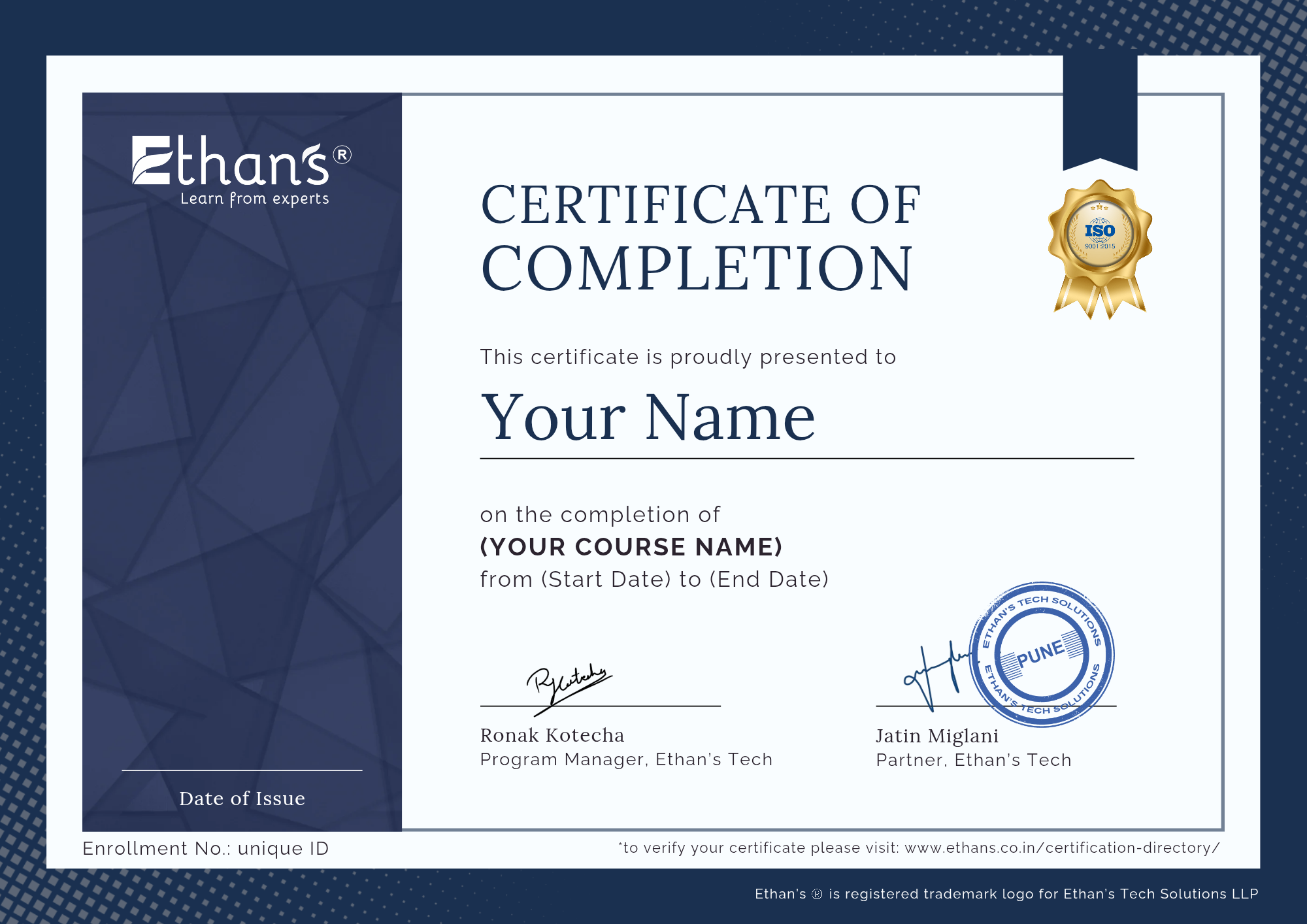
Validated Certification from Ethans Tech
Receive a professional certificate that validates your expertise and is recognized across leading IT companies.
Training Backed by Real-World Expertise
Ethans Tech follows a practical, hands-on training approach aligned with industry needs, boosting your job readiness.
Professional Credential for Career Growth
Showcase your technical skills with a credible certificate that strengthens your portfolio and improves hiring prospects.
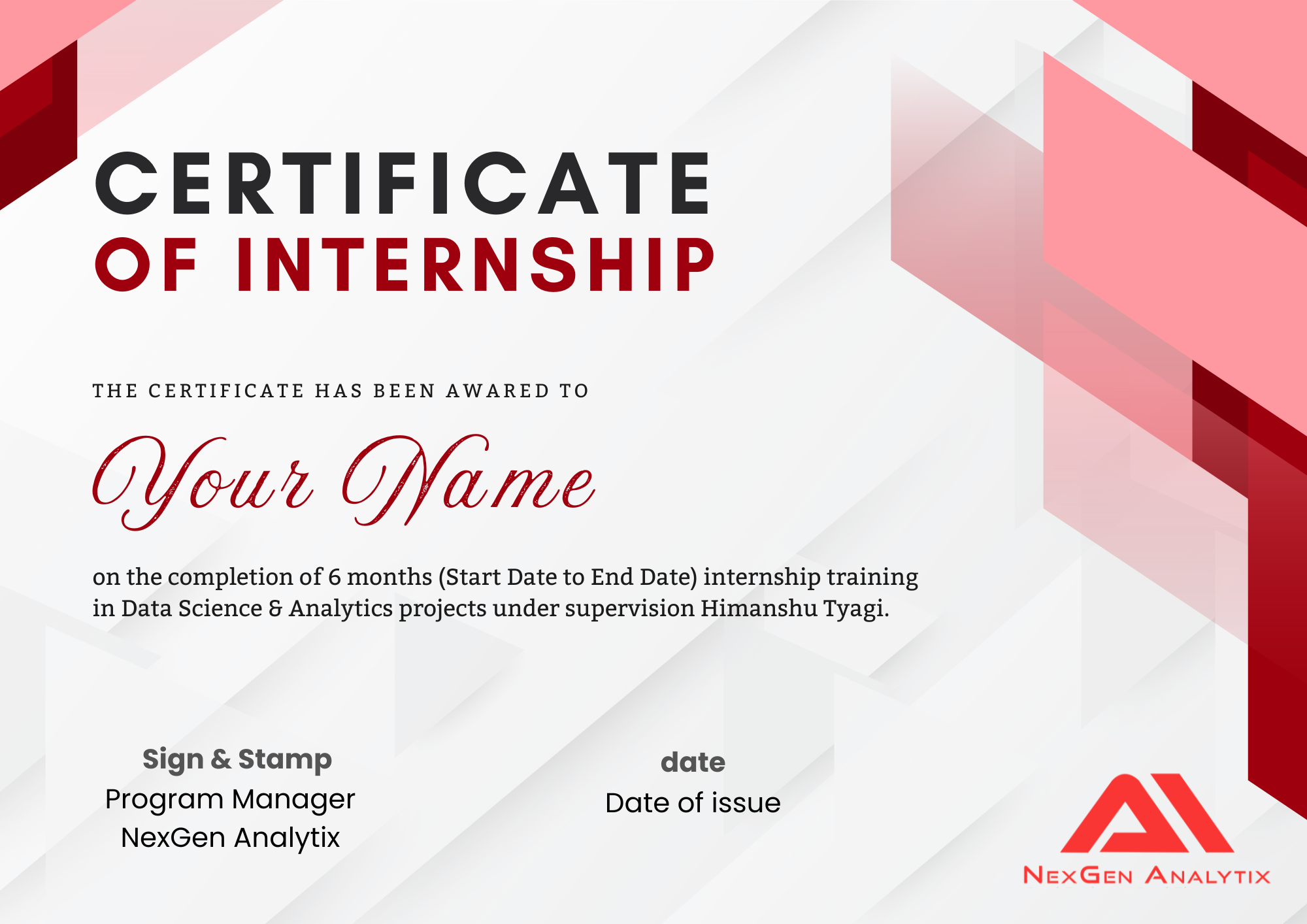
Internship Certificate by Nexgen Analytix
Gain an official internship certificate showcasing your practical experience and real-time project exposure.
Verified Industry Internship Recognition
Highlight your applied skills, teamwork, and domain knowledge through a certificate trusted by employers.
Career-Boosting Professional Doc
Add the internship certificate to your resume and LinkedIn to demonstrate hands-on experience and industry exposure.
Master 12+ In-demand Skills in Data Science
- Data Science Fundamentals
- Data Visualization (Matplotlib, Seaborn, Tableau)
- Model Evaluation & Tuning
- Python/R for Data Science
- Feature Engineering & Selection
- Big Data Tools (Spark, Hadoop)
- Data Collection & Cleaning
- Statistics & Probability
- SQL & Database Handling
- Exploratory Data Analysis (EDA)
- Machine Learning Algorithms
- Data Science Project Deployment
Why to Join this Program
Guest Lectures by IIT professors
Learn directly from top IIT faculty through hands-on, real-time sessions
Ethan’s Tech Career Track
Flexible timelines to complete your course and projects at your own pace
IIT Approved Mentors
Get personalized guidance and career insights from experienced professionals
Advance Curriculum
Master concepts from basic to expert level through structured, applied learning
4.7

4.6

4.5

Next Batch Starts on
12th Mar
Join 1% Elite Cohort
Why Choose Ethan’s Tech?

OTHERS
- Breadth and Depth of Curriculum
- Beginner-Friendly Bootcamp
- GenAI Integration
- Specialised Paths
- Projects Experience
- Alumni & Outcomes
- Hands-On Learning Model
- Mentorship & Faculty Access
- Comprehensive
- Structured Start
- Fully Applied
- Multiple Tracks
- Real-World & Personalized
- Large Network
- Applied & Practical
- Expert-Led
- Limited
- No On-Ramp
- Light Touch
- One Track
- Minimal & Fixed
- Small Base
- Theory-Heavy
- Basic Support
Our Alumni Works Here!

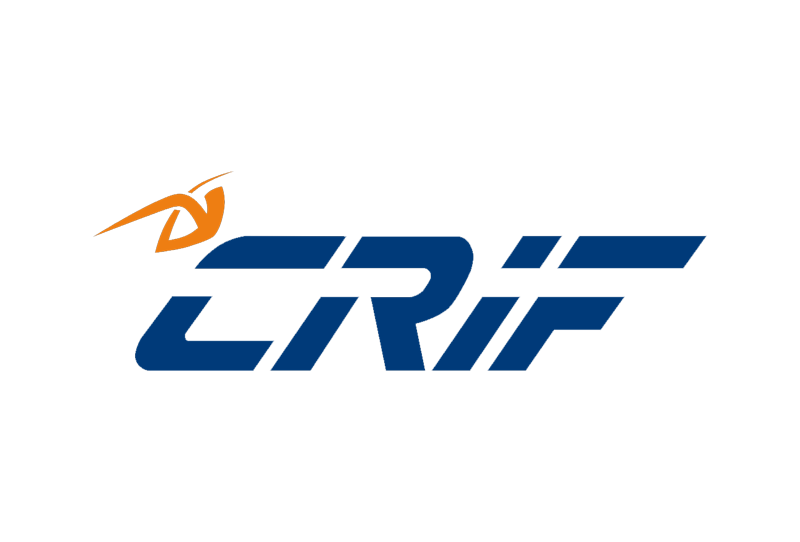


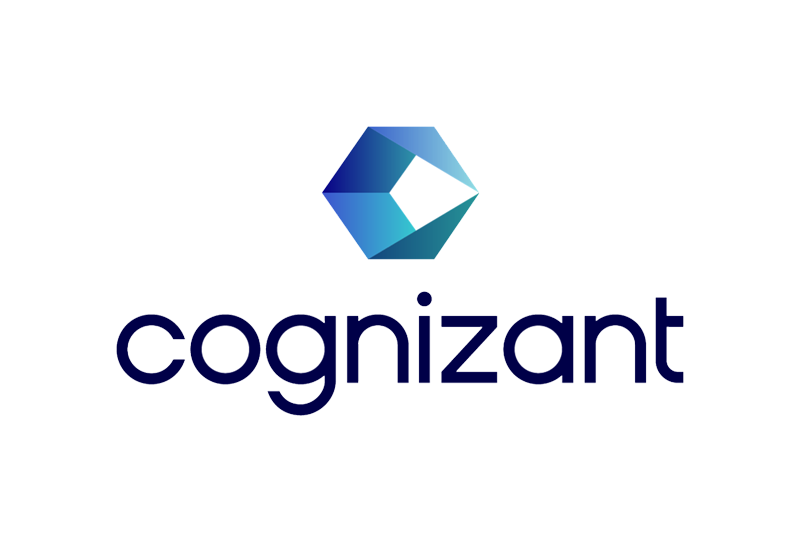

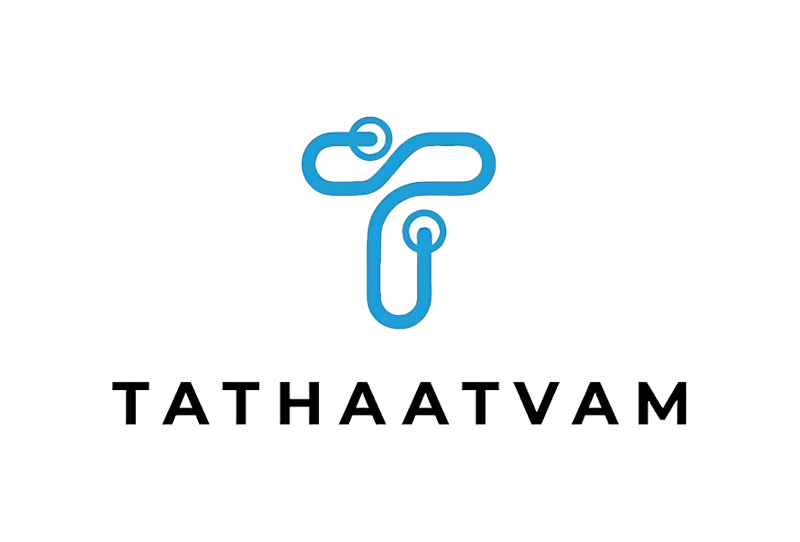













What our Students Say
Ethan’s Tech played a key role in shaping my Python development skills. The course focused on core concepts with real-world applications. Trainers explained topics clearly and provided support. This training helped me gain confidence and secure my role as Python Developer at Automata Pvt. Ltd.





Sarthak Arsul







Cloud Engineer | Minutus Computing
Ethan’s Office Tour
Ethans Tech is a leading professional training institute founded with the mission to bridge the gap between academic learning and real-world skills. With a strong presence in Pune and expanding across India, Ethans Tech has trained thousands of students and working professionals, helping them upgrade their careers in the most in-demand technologies.
The name “Ethans” represents a commitment to “education with excellence”. It’s not just a name; it’s a culture — built by passionate industry experts who believe in practical, hands-on learning rather than rote education. Every trainer at Ethan’s is a seasoned professional with real industry exposure, making the learning experience highly relevant, practical, and impactful.
At Ethans, it’s not just about completing a course — it’s about building a career.
Ethans Tech is a premier professional training institute dedicated to bridging the gap between academic education and real-world industry skills. Headquartered in Pune and expanding across India, Ethans Tech has empowered thousands of students and working professionals to advance their careers in today’s most in-demand technologies. With experienced industry trainers and a strong focus on practical, hands-on learning, the institute ensures highly relevant and career-oriented training that prepares learners to succeed in the professional world.
Get a Free Consultation!
Call us today and get your queries answered by our top experts.
Learners Profile
- 11% – College Graduates (Non-technical backgrounds)
- 23% – B.Tech & M.Tech Graduates (CS, IT, ME, CIVIL)
- 27% – BCA, B.Sc (IT/CS/Maths/Stats) Graduates
- 23% – Early Career Professionals (1–6 years of experience)
- 16% – Career Comeback Learners (with a gap in education or employment)
This blend of learners adds immense value to the learning experience — offering unique perspectives, fresh ideas, and real-world context to every session
Learner Profiles & Trusted Companies
Data Science Classes in Pune FAQs
Everything you need to know about the program.
What are the prerequisites for Data Science Training in Pune?
Our program contains all the basic concepts needed to grab the data science technique which includes logical building, programming techniques, data warehousing concepts, SQL, statistics and linear algebra.
Who should go for Data Science training in Pune?
What if I have queries after I complete this course?
Who are the instructors?
Will Ethans be providing any study materials?
What types of courses are available at Ethans?
Does Ethans provide Job Assistance?
Does Ethans provide weekend classes for professionals?
What are the profiles and experiences of trainers at Ethans?
Do I need to pay the complete fee lump sum or I can have an installment facility too?
The fee which I will pay is refundable or transferable?
What are the facilities and infrastructure at Ethans?
Does Ethans provide Online Training?
Does Ethans provide facility to repeat the batch?
Does Ethans provide Institutional Certification after the course?
Yes. Certificate is issued to the respective student, after the course completion and assessment which is valid in multiple companies and apparently, it becomes an edge in your curriculum vitae in order to showcase your skill set.
Does Ethan's conduct training at Corporates?
Yes, we are frequently engaged in corporate training being the market leader with a big pool of corporate trainers having a wide network with collaboration with several top MNC’S that ultimately becomes an add-on for placing our students with such references.
What is the admission procedure at Ethans?
Basically, there are two ways of registering with Ethans Tech, Online and Offline. In terms of Online, you just need to visit the enrollment tab on your website – www.ethans.co.in which will redirect you to the enrollment form, wherein you need to fill all your essential details and proceed further by paying Rs. 5000/- as the registration fees (inclusive of your standard course fees) For Offline admission, you can can contact and visit any of your nearest Ethans branch and carry out the further formalities under the guidance of the team at Ethans Desk.
What can I expect from a data scientist course in Pune?
A data scientist course in Pune typically offers comprehensive training in data analysis, machine learning, statistical modeling, and data visualization. You’ll gain practical experience through hands-on projects and real-world case studies, preparing you for a career in data science. Additionally, many courses provide career support, including resume building and interview preparation, to help you secure job opportunities in the field.
What is the best data science course in Pune?
The best data science course in Pune combines comprehensive curriculum coverage, experienced instructors, and practical, hands-on projects. Look for courses that offer real-world applications, industry-relevant tools, and strong career support. Research reviews, compare course content, and check for certifications to ensure you select a program that aligns with your career goals and learning preferences.
Is a Data Science Course for Beginners at Ethans Tech suitable for non-technical individuals?
Yes! Ethan’s Tech’s Data Science Course for Beginners is designed to guide non-technical individuals through step-by-step learning, making complex concepts easy to understand.
What skills will I learn in Ethan's Tech Data Science Course in Pune?
You will learn Python programming, data visualization, statistical analysis, and machine learning basics. The course also includes hands-on projects for real-world experience.
How do I enroll in the Data Science Course at Ethan's Tech?
You can visit the Ethans Tech website or contact their team directly to enroll in the Data Science Course for Beginners today.
Are their placement opportunities after completing a data science course in Pune?
Yes, reputed institutes like Ethans Tech provide placement assistance to help students secure jobs in top companies.
Can I get installment options for data science course fees in Pune?
Many institutes offer installment plans to make the data science course fees in Pune manageable for students.
What tools and technologies are covered in Ethan's Tech Data Science Course for Beginners to Working Professionals?
The course covers Python, Pandas, NumPy, Matplotlib, and the basics of machine learning algorithms to equip you with essential tools.
Why choose Pune for a Data Scientist Course?
Pune is a hub for IT and tech innovation, offering excellent training institutes, job opportunities, and a strong professional network for aspiring data scientists.

